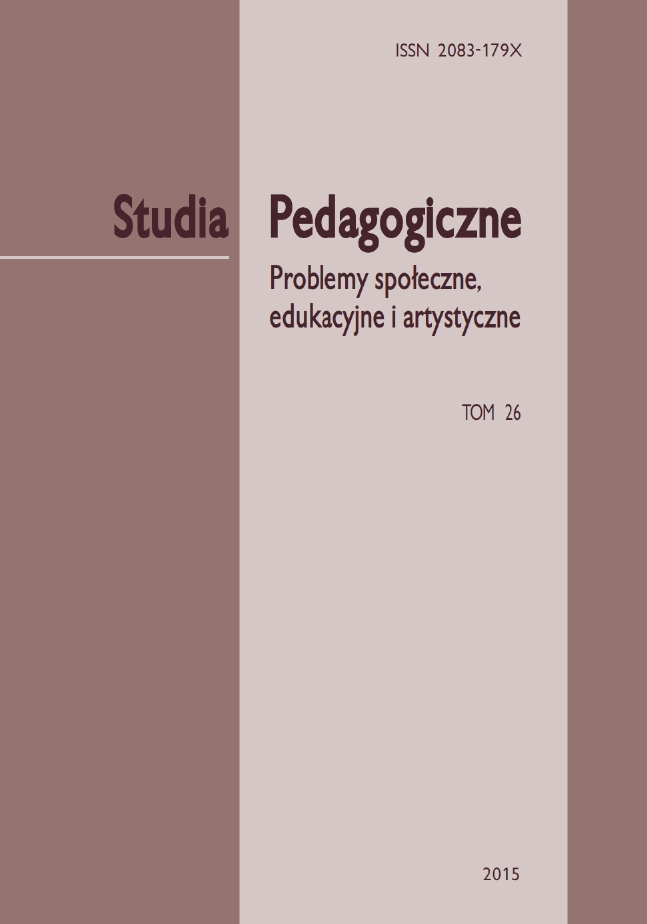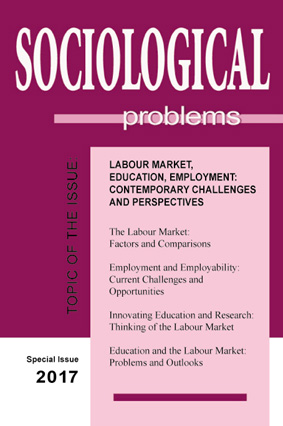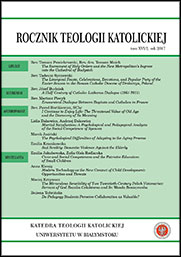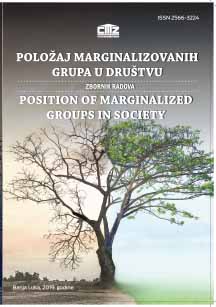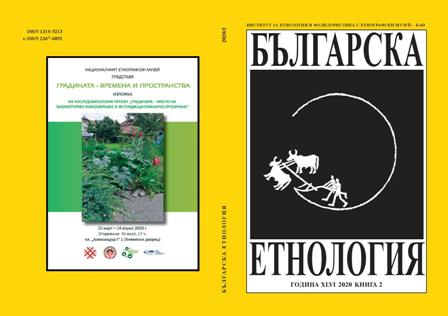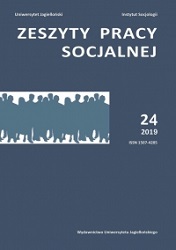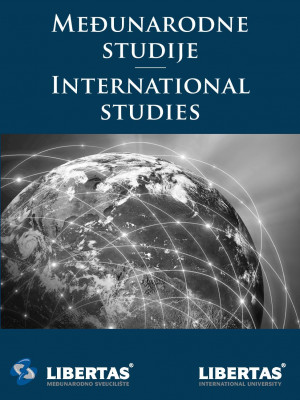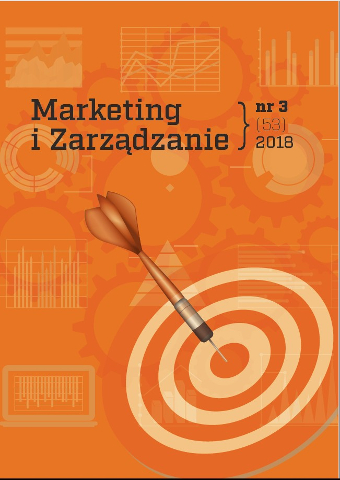Author(s): Jelica Matović / Language(s): Bosnian,Serbian
Issue: 3/2018
Aging is a natural, universal process and in the life of every individual – begins with the moment of his coming to the world. The number of elderly people has been slowly increasing in the past, but based on recent trends and projections, their numerical increase is imminent. Adult education is expected to contribute to both social and individual efforts in achieving as humane life as possible with its knowledge and experience. Most elderly people enjoy positive relationships with family members, friends, and professional caregivers, while some suffer abuse from these people. The aim is to ensure that the elderly maintain the highest possible level of health, social and functional ability before, during and after natural and human- induced accidents, by enhancing coordinated support through a lifetime worthy of each individual. Which people age successfully, which have personal development, vitality, and endeavors to overcome physical, cognitive and social decline? However, theorists disagree about what exactly makes the older age a happy one. The abuse of the elderly becomes a matter of serious public concern. In research of the elderly of different socioeconomic status, many have declared that theu are experiencing prejudices and discrimination. Specifically prejudice towards the opposite sex is the modern perception of prejudice, especially towards women. Developing and implementing socially responsible, humane, financially sound and sustainable strategies that include needs, capacities, expectations, life without violence of present and future generations, promoting eqal opportunities for their self- determination, countering negative stereotypes of aging reduces abuse as respect for dignity and individuality. In the end, the country that takes care of the elderly and gives them plenty of opportunities for personal development mahimizes the chanches that each of us will, when the time for that comes, age successfully.
More...


